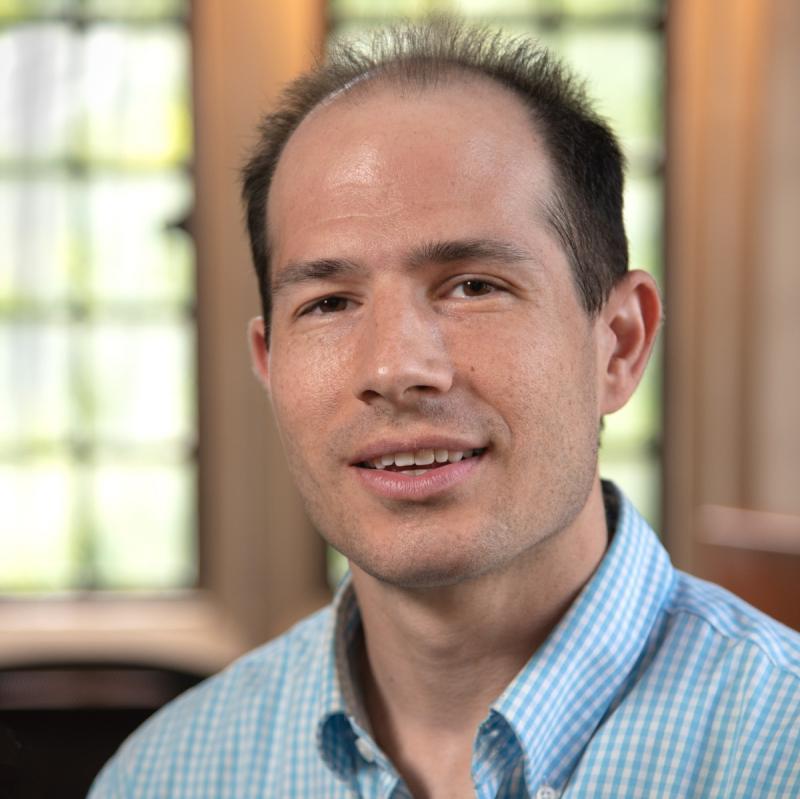
Participating in the Genomic Medicine Training Program was a fortunate turning point in my career development. When I joined the program, I had just started as a trainee in Dr. Qianben Wang’s lab, a researcher known for using an array of genome-wide techniques to uncover mechanisms that drive abnormal gene expression patterns in prostate cancer. The chance to take classes and spend time around a group of world-class genomics researchers seemed like a great way to approach my goals as a post-doc.
This program provided me with training in the theory and practice of clinical research; connected me with a variety of clinical researchers at Duke; provided applicable coursework in genomics and statistics; helped me appreciate the ethical, legal and social implications of genomics research; and exposed me to high-level genomics-driven projects happening both within and outside of the university. The program directors tailored these opportunities for me to match my goals and interests.
My mentoring committee meetings throughout the program were invaluable opportunities to exchange ideas on project design with physician-scientists at the forefront of the prostate cancer and genomics fields. These interactions aligned my current work with clinical priorities and facilitated collaborations to expand the relevance of our findings to human disease.
These experiences have provided me with the tools to create a niche for myself as a collaborative, independent researcher. In the immediate future, I plan to continue working as part of the Wang Lab to complete the transition from our most recent publication into a related drug discovery project for advanced prostate cancer. Concurrently, I will be developing ideas and collecting preliminary data for an independent project in prostate cancer genomics.
The Genomic Medicine training program and the CAGPM community have been instrumental in enriching my post-doctoral experience; I am proud and grateful to have been a part of both.